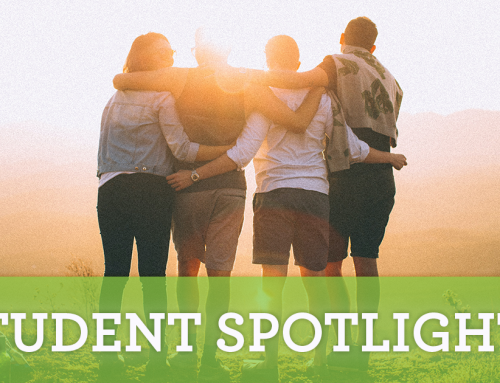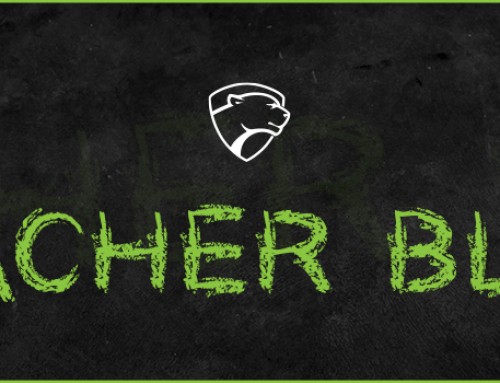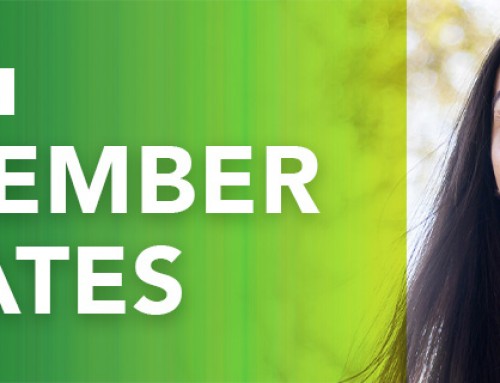Student Literary Magazine
“An Essay on Alcoholism”
by Blaine Hillis
“Hey man could you help me out with a dollar?” That’s what you hear from so many alcohol stricken Dine (Navajo) people. A young Navajo named Blaine Hillis knows that all too well. It is just not a community issue but a tribal issue as a whole. They are slowly drinking themselves to death on purpose. Nowadays alcohol is a sure sign of a good time isn’t it? The handsome men and the gorgeous women in the commercials make it seem so innocent and fun. But, alcohol has only brought death and destruction to his people. First the Dine were almost destroyed by outside enemy forces (for example: The U.S. Army during the Indian Wars.) Now they are being destroyed from the inside out. Alcoholism has butchered their values and traditions. Many factors play in the problem of Alcoholism among the Dine.
First of all, alcohol had never been a part of BiDine iina (Navajo way of life). It all seemed to start with the memories of the Dine during Nahondzod (the fearing time.) The period when the Dine were almost driven to extinction by the Enemies. Back then no one liked the Dine because they were daring raiders and fighters. Eventually they were defeated by the Cavalry and surrendered. So began the Navajo Long Walk to Fort Sumner. When one saw his own father being killed by Comanches at Fort Sumner. Or seeing his younger brother or sister drowning in the Rio Grande on the march because they couldn’t swim. One of Blaine’s own ancestors was carried away by Mexican slave raiders never to be found again. Following the conquest and exile of the Dine from Fort Sumner by the Cavalry in 1868 the Dine were told they were done fighting. The Dine gained honor, wealth, and fame in raiding and warfare throughout the centuries. Where was the honor in receiving handouts from the Government? Where was the fame in watching your own kids be dragged away from you to a far away boarding school not be seen in years? Why shouldn’t they drink? In all that despair they then discovered they could get just as drunk as anyone else. Which led to problems that today only seem to get worse.
Secondly, the Dine were not accustomed to alcohol like their white conquerors. The soldiers thought it was funny to see how easy the Dine got drunk. Many of the drunken clowns for the soldiers were the first in the tribe to ever drink. They had no immunity to it, just like the diseases (smallpox, whooping cough, etc.) It was addiction at first sight. Even the once fierce, proud, and arrogant Nabaahii (war leader) Manuelito also gave completely into alcohol abuse during his last years on this earth. Today Dine tsadaah (Navajo teens) see alcohol glorified constantly. If not on TV, then by their own family members that do drink. They think it’s cool and it’s okay to drink alcohol because everyone does it. Even the tribal council has made alcohol illegal in Dine Bikeyah (Navajo Country) but it still makes it’s way in. A perfect example is Blaine himself, who is a recovering alcoholic. Having had his first drink at age 7, by 12 he was an alcoholic. By 16 he was in treatment for alcohol dependency out in Shiprock, NM. All in all alcohol ruins good people.
Thirdly, alcohol is so common among the Dine, that 50% are full blown alcoholics. Out of 250,000 people half are addicted, that’s a lot of people. Blaine Hillis’s family wasn’t spared at all by that statistic. Blaine watched bichei (his maternal grandfather) die from liver-cirrhosis. Bizhe’e yazhi (his paternal uncle) died in Albuquerque, NM from choking on his vomit when passed out on the floor due to excessive drinking. His great grandfather died from cirrhosis as well. Countless more of his relatives have died from alcoholism. He has seen alcohol turn the most kind mom in the world into a mean person. He has the experience of seeing his own uncle’s fight over the last can of beer. Blaine aadoo Bizhe’e aadoo Binali Hastiin (Father and his father’s father) are recovering alcoholics. For Blaine Bikei (his family) aadoo Bidine (his people) the battle against alcohol is going to be long and fierce one.
In conclusion there is no winning against alcohol. It will leave you poor, sick, and weak in all three places: mind, body, and spirit. Blaine has had that happen to him as well as his family. Starting with the traumatic experiences during the Long Walk to the boarding school days where Blaine Binali Asdzaan (his paternal grandmother) endured the horror of an attempted cultural extermination of a Government boarding school. The issue is so severe that it affects a whole tribe of people. For Blaine Hillis it is a daily struggle to be sober. But, he hopes that he, and his people will become whole again with their gods The Diyin Dine’e (Holy People) and continue to walk in the path of Hozho or Goodness.







Leave A Comment